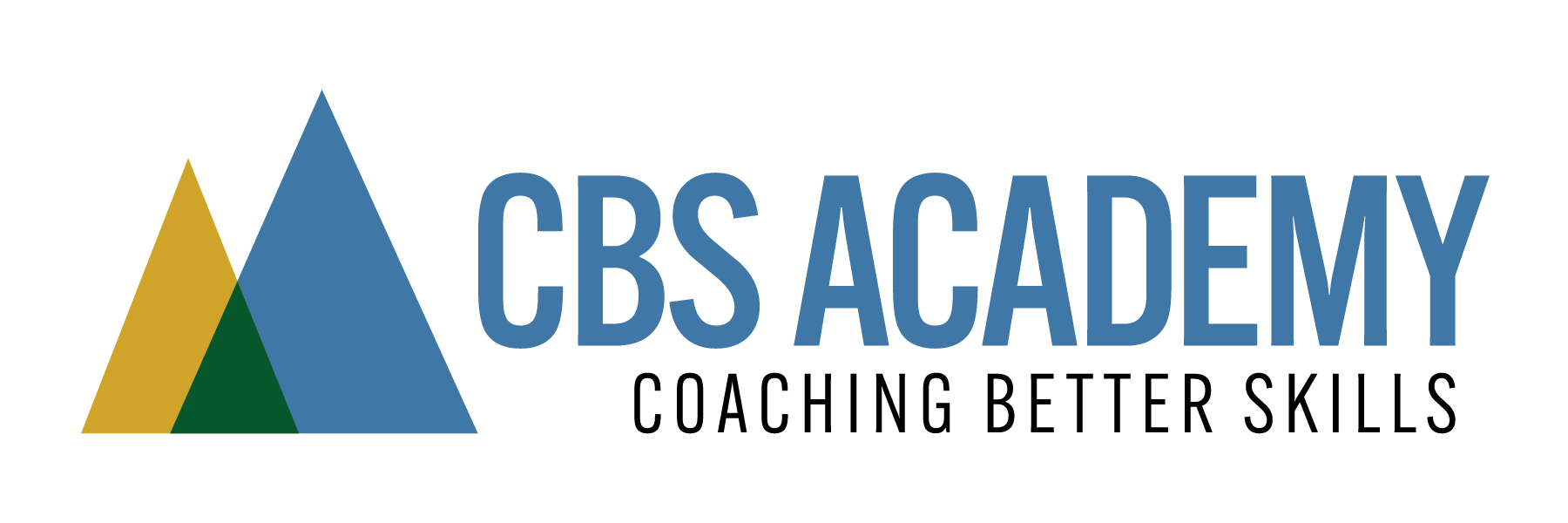Write your awesome label here.
Write your awesome label here.
What is Healthy Conflict?
Healthy conflict is vital to effective leadership and team development. When managed constructively and intentionally, healthy conflict can foster innovation, collaboration, and growth. Leaders are faced with conflict daily and from many different directions within the workplace. By recognizing and nurturing healthy conflict, leaders can create a dynamic environment where diverse perspectives can thrive. Healthy conflict encourages open dialogue where teams can be more productive and creative.
Unlike destructive conflict, which can erode trust and hinder productivity, healthy conflict encourages respectful disagreements while enabling teams to challenge assumptions, refine ideas, and reach well-rounded solutions.
The Role of Leaders in Nurturing Healthy Conflict
Leaders are pivotal in cultivating an atmosphere where healthy conflict is accepted and encouraged. Leaders are most successful when they can frame conflict within teams as an opportunity to approach disagreements with curiosity and a focus on solutions rather than personal differences. By framing conflict as an opportunity for learning rather than a source of tension, leaders can guide their teams to engage in constructive disagreements that begin with modeling behaviors that demonstrate openness, empathy, and active listening.
When leaders can create an environment where team members feel comfortable voicing dissenting opinions without fear of reprisal, they can develop team members who value diverse viewpoints and are more collaborative in decision-making. Training team members to articulate their ideas clearly, listen actively, and separate issues from individuals further strengthens the team’s ability to engage in productive conflict. Encouraging reflective practices, like team debriefs or one-on-one feedback sessions, can also help teams learn from conflicts and improve future interactions.
Ways to Nurture Healthy Conflict
One of the best ways to nurture healthy conflict is with reverse brainstorming. Reverse brainstorming is where the focus is on creating and worsening the problem instead of solving the problem directly. This approach can uncover hidden risks, obstacles, or unintended consequences by flipping the perspective, helping teams better understand the problem and generate innovative solutions. This approach can soften the approach to addressing difficult situations that often have different vested opinions.
Additional ways to nurture conflict with cross-functional collaboration, strategic debates, and constructive feedback.
For leaders, investing in developing these skills within their teams enhances organizational performance and builds stronger, more resilient relationships across all levels of the organization. By fostering an environment that embraces healthy conflict, leaders empower their people to collaborate meaningfully, challenge ideas constructively, and grow individually and collectively.
For leaders, investing in developing these skills within their teams enhances organizational performance and builds stronger, more resilient relationships across all levels of the organization. By fostering an environment that embraces healthy conflict, leaders empower their people to collaborate meaningfully, challenge ideas constructively, and grow individually and collectively.
GET HINTS AND TIPS TO HELP YOUR COMPANY SUCCEED.
SUBSCRIBE TO OUR NEWSLETTER.
Thank you!
GET IN TOUCH
-
PO Box 1866
Draper, UT 84020 -
info@cbsacademy.us
-
+1 (801) 448 7148
COPYRIGHT © 2026
